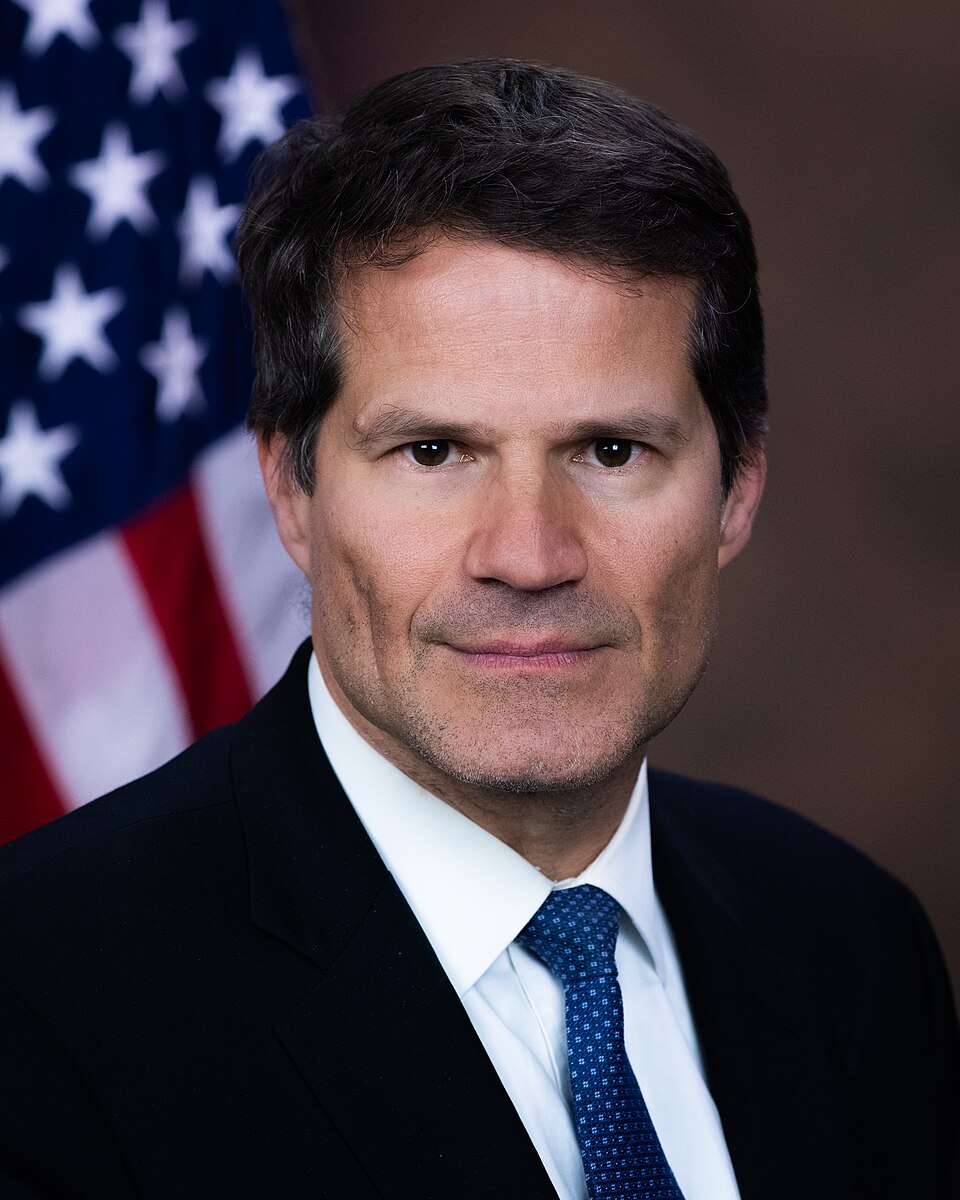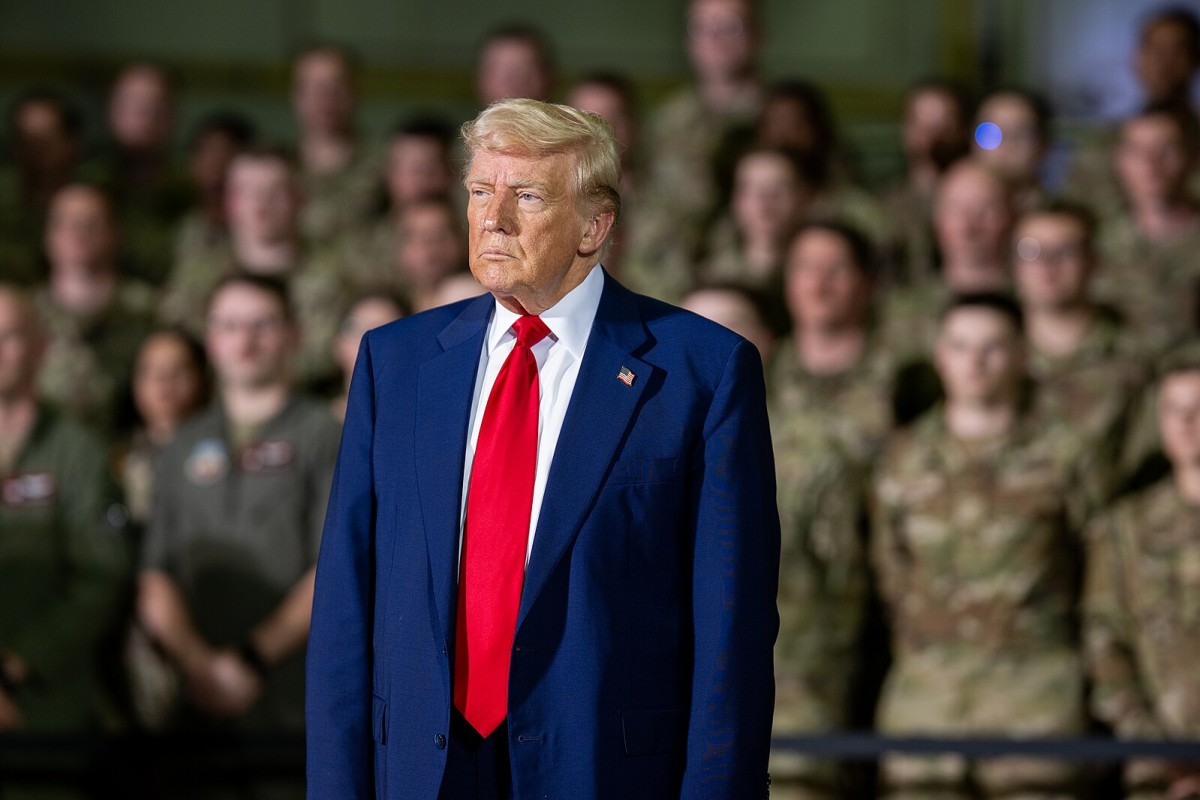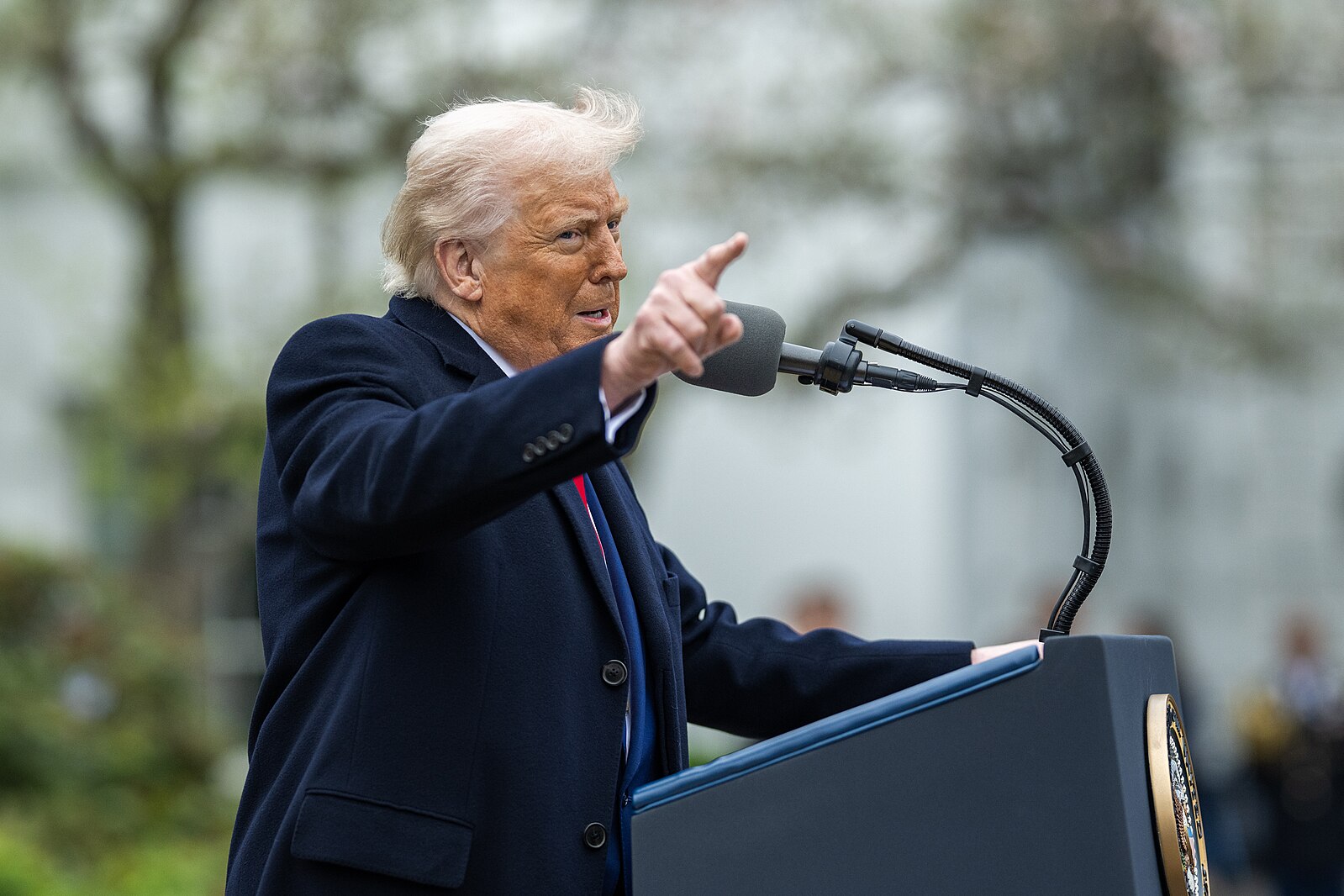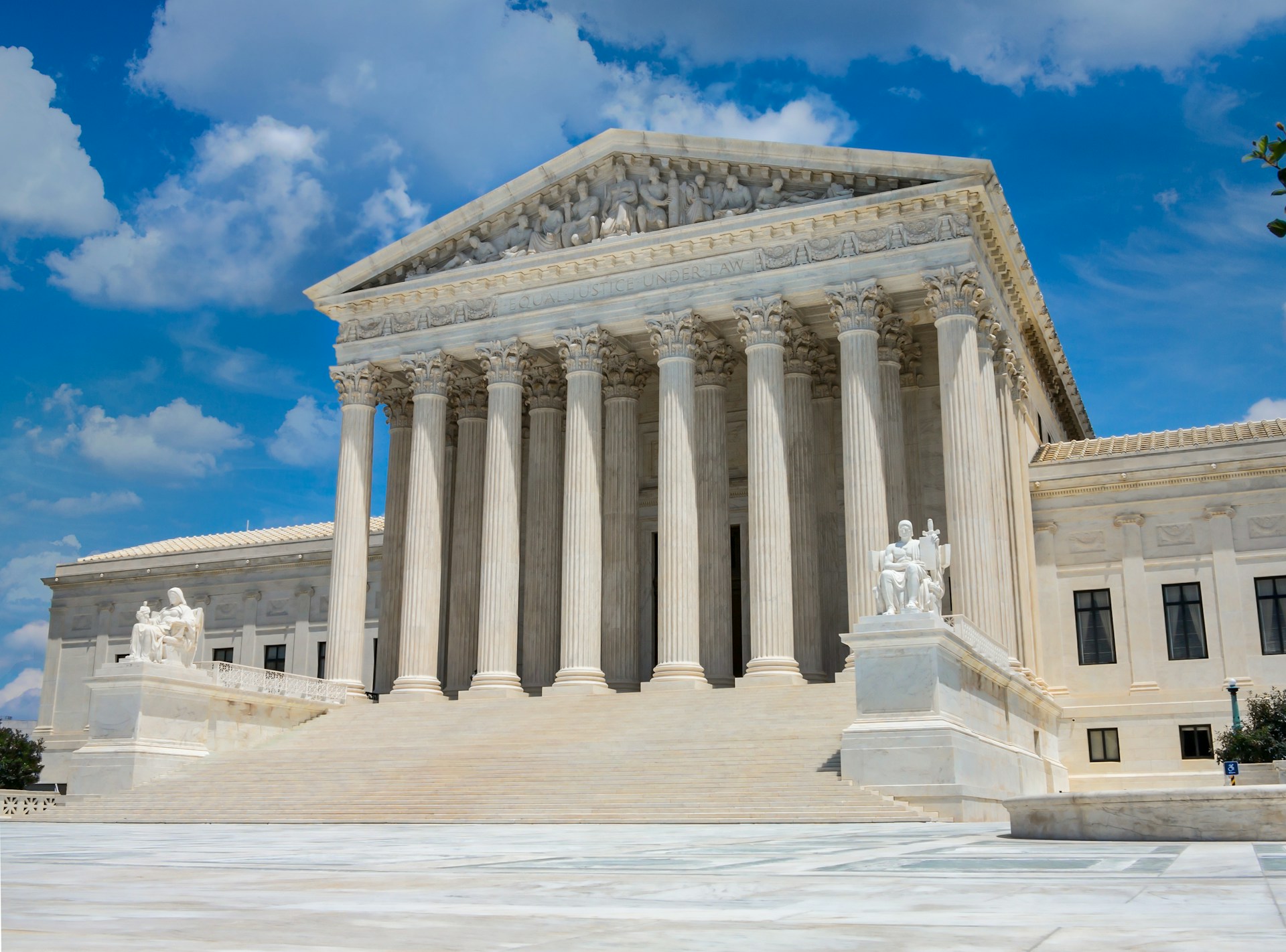Politics
Barrett Delivers Serious Setback in Trump Case
By Jake Beardslee · November 15, 2025

Barrett Presses Trump Team on Sweeping Tariff Powers
The U.S. Supreme Court’s latest showdown over presidential power has placed President Donald Trump’s trade agenda under intense scrutiny. At the heart of the matter is Trump’s use of the International Emergency Economic Powers Act (IEEPA) to impose new tariffs—an interpretation that critics say stretches the law far beyond its intent. The justices are now weighing whether the administration’s expansive view of emergency authority can withstand judicial review.The administration’s arguments faced immediate resistance in the courtroom, particularly from Justice Amy Coney Barrett. During oral arguments, Solicitor General John Sauer struggled to defend the notion that IEEPA allows the White House to levy tariffs under the guise of regulating imports. Trump has long argued that the law gives him sweeping economic flexibility during national emergencies, but a ruling against him could dismantle a key legal foundation for those claims.
With broad constitutional questions looming, analysts believe the justices may opt for a narrower resolution—one that reins in Trump’s interpretation without fully redefining presidential authority. Still, Barrett’s sharp questioning signaled a serious challenge for the administration and a potentially pivotal moment in the ongoing debate over executive power and trade policy. Office of U.S. Senator Roger Wicker / Wikimedia

Barrett Zeroes In on Sauer’s Defense of the Tariff Authority
Justice Amy Coney Barrett’s probing questions quickly became the focal point of the hearing. As John Sauer attempted to explain the administration’s interpretation of IEEPA, Barrett pressed him on the plain meaning of the statute, while Justice Sonia Sotomayor intervened to ensure direct answers. Legal observers noted that the solicitor general appeared unprepared for the level of textual scrutiny the Court brought to the argument, and critics characterized the tariff rationale as weak. United States Department of Justice / Wikimedia
Justices May Avoid Broader Constitutional Issues
Despite the high political stakes, analysts suggest the Court may avoid issuing a sweeping decision on presidential emergency powers. Instead, they expect the justices to focus narrowly on whether IEEPA can legitimately be interpreted to authorize tariffs. A modest ruling could resolve the immediate dispute while sidestepping a larger confrontation over executive authority—an approach the Court has favored in past separation-of-powers cases. Sora Shimazaki / Pexels
Barrett’s Questioning Undercuts Trump’s Tariff Theory, Analyst Says
MSNBC legal analyst Lisa Rubin emphasized just how formidable Barrett’s questioning was, particularly for anyone defending a strained statutory argument. “Pity the person who comes on the other side of Amy Coney Barrett, who is precise, pragmatic and the mother of seven children. So, if anybody is well prepared for that kind of questioning, I would venture a guess, it's Amy Coney Barrett. And you're right to say that she was completely fixated on the plain text of the statute," Rubin said. She added, "The argument that the Trump administration is relying upon is that the words ‘regulate importation’ somehow include the power to impose tariffs.” The White House / Wikimedia
Rubin Says Trump Team’s Tariff Logic Has ‘No Basis’ in Emergency Powers Act
Rubin continued pulling apart the administration’s logic. “But of course, not only is the word tariff not present … there is nothing in the string of verbs there, as Justice Kagan mentioned, that gets to where John Sauer, the solicitor general, wants to see the argument go," she said. Rubin added, "There's nothing in all of the things that the president can do under this Emergency Powers Act that has anything to do with raising revenue, much less imposing taxes or duties. And that's where you get to the question of the larger constitutional issues about whose responsibilities really are these?” The White House / Wikimedia
Barrett Seen as Seeking the Narrowest Path Forward
According to Rubin, Barrett’s approach signals a likely outcome anchored in restraint rather than sweeping judicial upheaval. "Justice Barrett is sort of known on the court right now for being the person who seeks a solution that as many people as possible can glom onto, and that solves a problem before the court and is few steps as possible, with as few repercussions as possible," Rubin said. “Really deciding the issue squarely before her and nothing more.” Rachel Malehorn, CC BY 3.0 https://creativecommons.org/licenses/by/3.0, via Wikimedia Commons